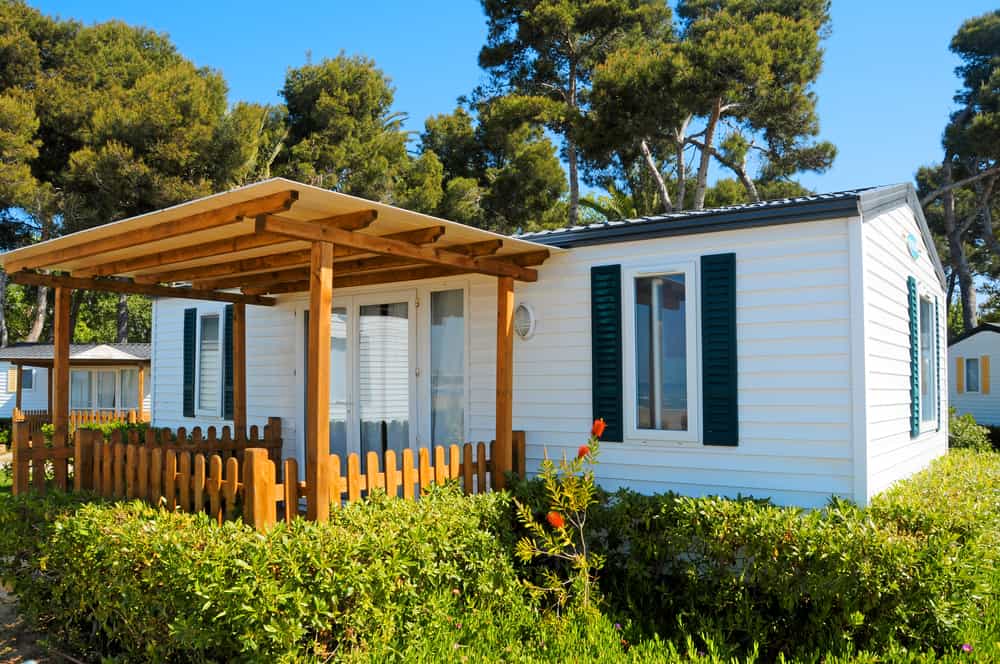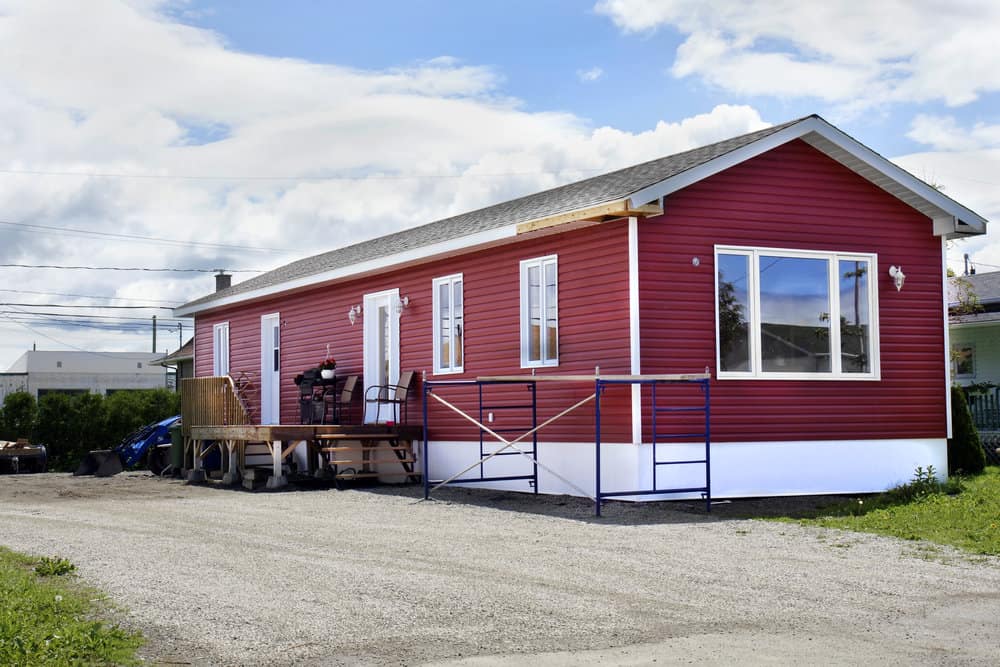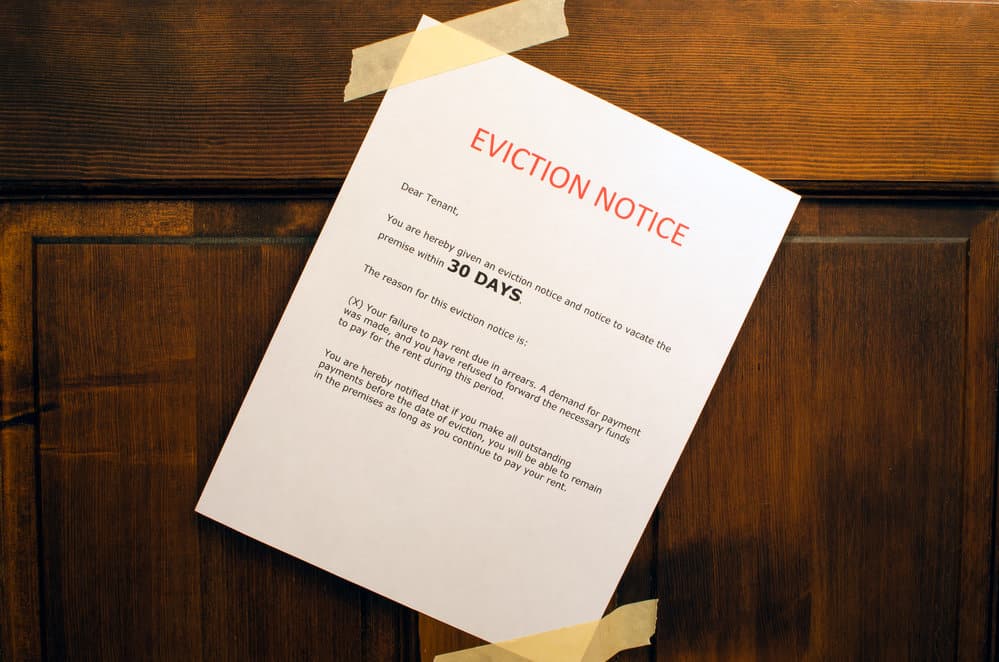Mobile homes can be found just about anywhere. You can have one on your land or in a mobile home park. Mobile home parks are designated areas for mobile homes. Owners can put their mobile home on a lot and get hooked on electricity and water.
Mobile homeowners enter into a contract with the mobile home park landlord. Typically, the lease agreement is for a year. During that period, the tenant pays monthly rent for the lot’s usage. It’s called a lot fee. You need to be familiar with some basic mobile home park laws.
Legally Speaking, What is a Mobile Home?
Legally speaking, a mobile home is a detached residential dwelling. It is fabricated and designed to be moved on highways or streets. It is typically intended to be moved to a site for occupancy.
Types of Mobile Home Uses
Mobile homes can be used in a variety of ways. They can be used as one’s primary or sublet. Either way, there is a lease agreement between the owner and the tenant.
The lease agreement is a legally binding contract with defined regulations. It outlines how many people can live in the mobile home, what activities are allowed and prohibited, restrictions regarding visitors, and the amount and frequency of rent payment.
Owning a Mobile Home and Renting it to Tenants
The rules vary in mobile home parks regarding the owner renting their mobile home to a tenant. Some mobile home parks prohibit owners from renting their mobile home out at all.,
Other mobile home parks are approved before the homeowner can rent to a tenant. The mobile home park must first approve the tenant.
Owning and Living in a Mobile Home
Owning and living in a mobile home is a cost-effective way to live. The land lot fee is less than a home mortgage. Plus, there are many upscale mobile homes today that provide ultimate comfort.
Duties and Responsibilities of Mobile Home Park Landlords
A mobile park landlord’s duties and responsibilities are similar to a landlord of any real estate. Their duties ate dictated by state law and the lease agreement. They are responsible for overseeing grounds maintenance, collecting rent, providing a safe environment, and evictions. If a tenant is evicted, they must be given proper eviction notice according to state law.
A landlord can evict a tenant for nonpayment of rent, criminal activity, or not abiding by the mobile park’s regulations. However, they are not permitted to perform a retaliatory eviction. A tenant cannot be evicted for revenge.
Key points to remember:
- Safety
- Rent collection
- Proper eviction practices
When Tenants can Sublet, Transfer or Sell Their Mobile Homes
The tenant can sublet their mobile homes when the home park permits this. However, some mobile home parks do not allow submitting. Therefore, checking with the mobile home park before considering subletting is best.
Mobile homeowners can transfer the title to their home by going to the local.DMV in the area. There are fees for this, and the owner must be present.
Suppose you are selling a mobile home and don’t own the land. The mobile home park owner must be involved. It will be required that the new owner provide documentation to abide by the park’s regulations.
What if the Mobile Home Park Closes?
If a mobile home park closes, the tenant has rights. Tenants are entitled to relocation assistance, fair compensation, challenge the relocation package and appropriate treatment. Contact a real estate attorney if you are not treated fairly.
Legal Reasons for Eviction from Mobile Home Parks
There are various legal reasons why a tenant can be evicted from a mobile home park. Nonpayment of rent due is one of them: criminal activity, drug activity, vandalism to property, and rowdy behavior. In addition, any violation of the mobile home park’s regulation is grounds for eviction.
Mobile homeowners must follow the mobile home laws when evicting a tenant. It entails the landlord going to court and requesting a hearing with the court clerk. Proper notice must be given to the tenant. And if the tenant does not leave the premises after the court has ordered it, a sheriff’s deputy will physically remove them.
Tips for Living in a Mobile Home Park
Living in a mobile home park can be a worthwhile and enjoyable experience, provided that you adhere to certain strategies and best practices. Here are some tips to consider:
- Understand your Lease: Read your lease agreement thoroughly before signing it. The lease contains all the rules and regulations you must follow and outlines your rights and responsibilities.
- Good Neighbor Policy: Cultivate good relationships with your neighbors. Disputes or conflicts could lead to uncomfortable living situations. Try to be respectful of others’ space and maintain a friendly environment.
- Maintain your Home: Keeping your mobile home in good shape enhances your living experience and helps preserve property value. Regular maintenance can prevent major repairs and ensure you adhere to the park’s rules regarding home upkeep.
- Know the Laws: Familiarize yourself with local, state, and federal laws related to mobile park homes. This knowledge can help protect your rights as a tenant and give you peace of mind.
- Seek Legal Advice when Necessary: If you face any serious issues, such as eviction, or if you feel your rights have been violated, seek legal help. A qualified attorney can help you navigate legal complexities and defend your rights.
Living in a mobile home park can be a unique and rewarding experience. By following these tips, you can ensure that you make the most of your time in your mobile home community.
Summary
There are always a lot of responsibilities for a mobile home tenant and a mobile home park landlord. Hopefully, it will be an amicable relationship. But, if things go south, it may be best to consult a real estate attorney.
Frequently Asked Questions
Can a mobile home park owner refuse to rent a lot to someone?
Yes, a mobile home park owner can refuse to rent a lot under certain circumstances, such as if the potential tenant has a poor rental history or cannot provide proof of income. However, they cannot discriminate based on race, color, national origin, religion, sex, family status, or disability.
What happens if I don’t pay my mobile home lot fee?
Nonpayment of your lot fee is grounds for eviction. The landlord must follow the eviction process as stated by state law, which usually includes serving a proper eviction notice.
Can I sell my mobile home without involving the mobile home park owner?
If you don’t own the land where your mobile home is located, you need to involve the park owner in the selling process. They will need to ensure that the new owner agrees to abide by the park’s regulations.
Can the rules of a mobile home park change after I sign the lease agreement?
Typically, the rules outlined in your lease agreement remain the same for the duration of the lease. However, the landlord can propose changes for the next lease term.
What happens if the mobile home park closes?
If a mobile home park closes, tenants are entitled to relocation assistance and fair compensation. You should contact a real estate attorney if you feel you are not being treated fairly.




